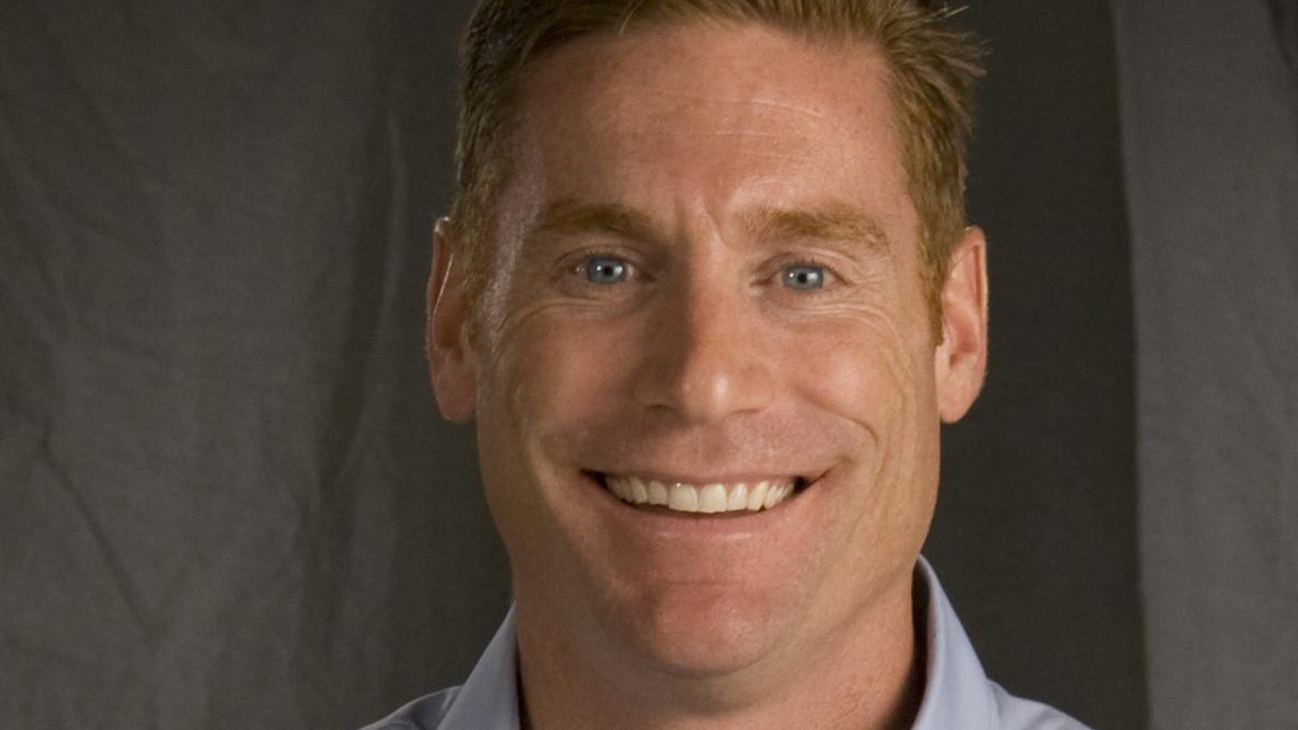While serving as the Director of Mental Training for the St. Louis Cardinals, Dr. Jason Selk helped the team win their first World Series in over 20 years, and in 2011 he assisted the Cardinals in the historic feat of winning their second World Championship in a six year period. Considered to be one of the nation’s premier performance coaches, Dr. Selk helps numerous well-known professional and Olympic athletes as well as Fortune 500 and Fortune 100 executives and organizations develop the mental toughness necessary for high-level success. In this recent column for Inc.com, Dr. Selk explains how prioritization is the single least-developed skill among successful people:
In the worlds of information technology and manufacturing, the concept called “channel capacity” is very straightforward.
It’s a measure of how much can flow through a given passageway–network bandwidth in information technology, or a particular part of the supply chain for a manufacturer.
The ability of the overall system to function is limited to the channel capacity of the system at its weakest point.
The systems we build aren’t the only ones to have capacity limitations.
The human mind operates the same way. As much as we’d all like to think we can be good at a laundry list of skills and give our full attention to a dozen tasks in the course of a day, it just doesn’t work that way.
Dr. George Miller published one of the most influential papers in the history of psychology in 1956, called “The Magical Number Seven, Plus or Minus Two.” It outlined for the first time a human’s mental “channel capacity”–the amount of information the average person could process at a given time. Humans can only process up to seven one-dimensional concepts at a time. Channel capacity actually serves as the rationale behind the traditional seven-digit phone number.
Once we start thinking about more than handful of things at a time, our ability to execute any of those things at a high level becomes compromised. The problem is that items on our “to-do” lists aren’t one-dimensional. From a psychological standpoint, they are multi-dimensional, and it seems the channel capacity humans possess for processing multi-dimensional items is three. We can’t really carry in our “working memory” any more than three things at one time.
If this was true in the 1950s, when nobody was carrying powerful computer-phones in their pockets and a 40-hour workweek was the norm, imagine what it means today, when many of us are essentially available–and potentially working–around the clock.
You don’t need a better time-management strategy.
You need to respect–and accept–channel capacity. Remember, the magic number is three. My advice is, of the three items you are highlighting daily, identify the one that is absolutely most important and start by attacking that one first.
Accept that there are things you’re just not going to be good at–and focus your time, attention, and goal-setting on the few things at which you truly want to be great.
The first response I get when I talk to clients about this limitation we all have is an expression of shock. “But there’s so much I need to get done!” they say.
This is where prioritization comes in.
Prioritization is the single least-developed skill among successful people. I’ll see clients that reach a level of success almost by sheer force of will, and willingness to put in huge hours.
They simply want to get it all done.
But that isn’t sustainable over the long haul.
By learning to prioritize and focus on–at most–the two or three most important categories in your business and personal life, you’re devoting your maximum energy and skill to the tasks that have the most impact, financial or otherwise.
You’re also creating a system that allows you to do better work at each individual task because your attention and energy isn’t being siphoned off in a losing effort to get around channel capacity.
It’s as simple as learning to say no.
That’s a hard step for some people to take, but it gets easier when you look at it a different way. When you’re asked to take on a project, join a meeting, or otherwise get involved in something, saying yes means you’re saying no to something else.
If you agree to take that trip to Phoenix, you’re saying no to the ballet recital your daughter has while you’re gone.
You can’t do it all.
Make sure you’re choosing to do the things that matter most.

